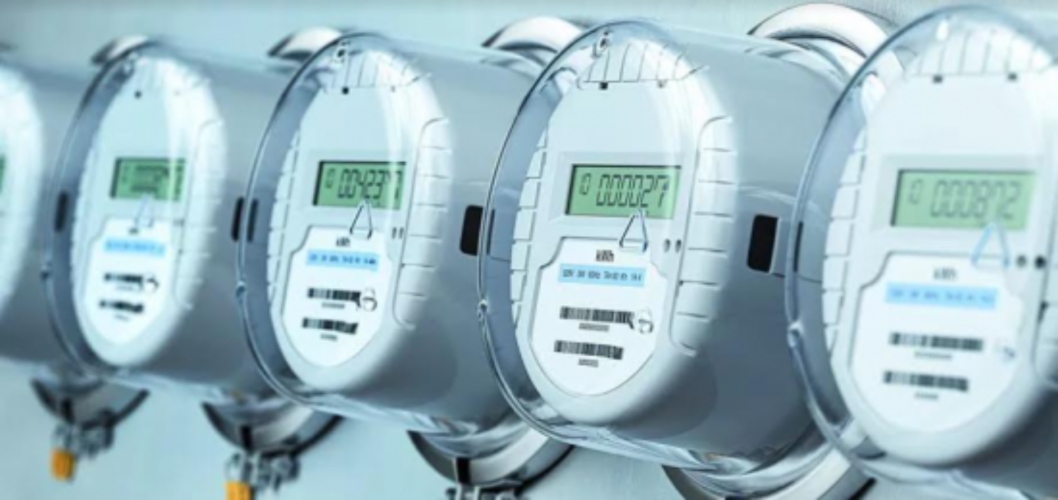The energy transition is also a story of… meters. Greece’s distribution operator HEDNO (DEDDIE) has unveiled its new Preliminary Network Development Plan 2026–2030, setting out an investment roadmap of €4.79 billion. At the heart of the plan: the full replacement of analog electricity meters with smart ones across the country by 2030.
The Big Bet: A Nationwide Roll-out
The project’s budget of €1.43 billion covers the installation of 7.64 million smart meters, phasing out all analog devices within five years.
- 2026: ~€195 million
- 2027–2029: €260–270 million annually
- 2030: €357 million peak
Already, more than 1 million connections have been digitalized:
- 25,200 medium-voltage connections
- 983,500 low-voltage connections
The First Tender and Suppliers
In May 2025, the first competitive tender was finalized, awarding contracts for 2.76 million devices to Iskraemeco, Itron, and Protasis. Installation is expected to accelerate in the coming months.
Once completed, consumers will gain real-time consumption monitoring, smarter energy management, and access to dynamic tariffs.
€4.79 Billion Roadmap – 7 Investment Categories
The new business plan, now under consultation, covers 204 projects (up from 174 in the previous plan) with a higher budget: €4.79 billion vs. €3 billion. Of these, 43 are entirely new projects.
Breakdown of investments:
- Network Reinforcement: 96 projects, €991m
- Replacement & Renovation: 40 projects, €650m
- User Connections: 1 project, €800m
- Network Variations: 1 project, €150m
- Aesthetic Upgrades: 1 project, €18.9m
- Other Network Works (incl. smart meters): 25 projects, €1.7bn
- Supporting Investments: 40 projects, €480m
Why Smart Meters Matter
Smart metering is a critical enabler for:
- integrating renewables into the grid
- managing energy storage
- supporting EV charging infrastructure
- deploying heat pumps for heating & cooling
- enabling demand response schemes
The goal is a smarter, greener, and more consumer-friendly grid, lowering energy costs while improving security of supply.
The Political Dimension
This is more than a technological upgrade — it is a flagship policy for Greece’s energy transition. The country is moving in step with the EU, investing in digitalized, flexible, and climate-ready distribution networks.
The Regulatory Authority (RAAEY) recently approved the previous €3 billion development plan (174 projects). The new €4.79 billion package raises the stakes: more projects, greater impact, and a stronger role for consumers in shaping Greece’s energy future.
In simple terms: by 2030, every Greek household and business will be powered by a smart meter. And with it, Greece takes a decisive step toward a modern, flexible, and consumer-driven energy system.
Source: pagenews.gr
